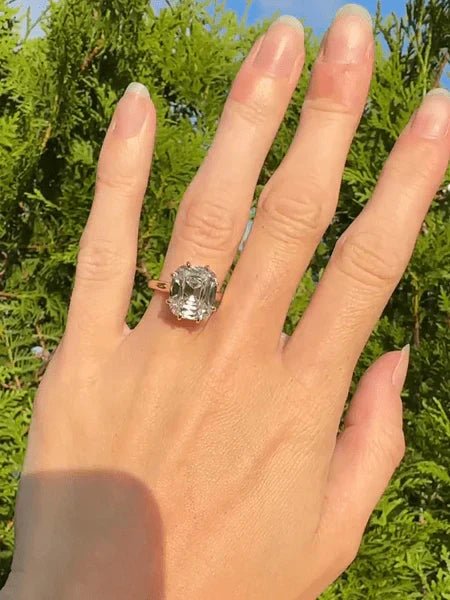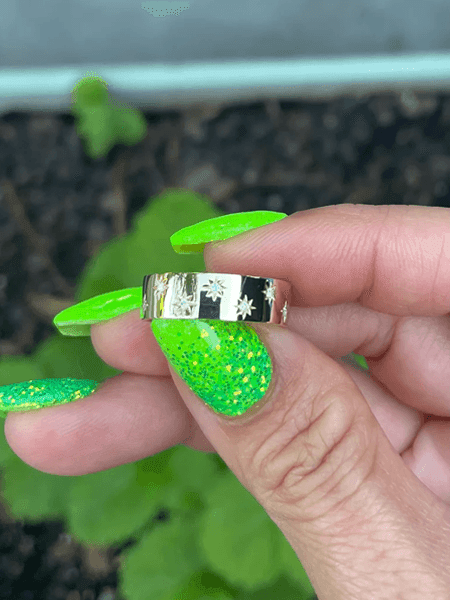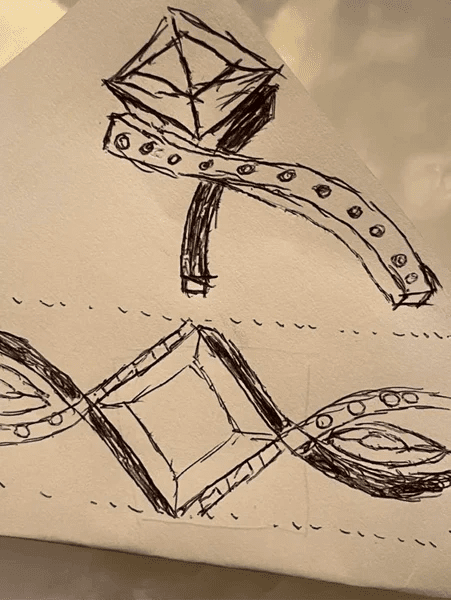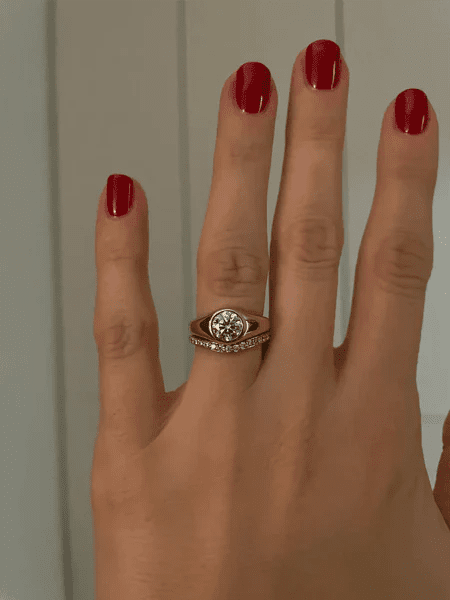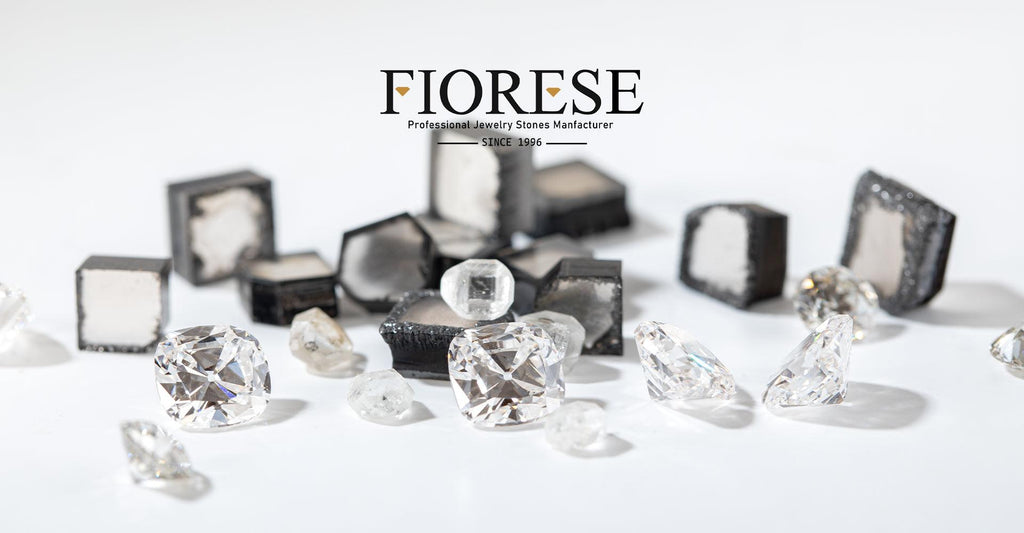
Simulant Diamonds vs. Lab-Created Diamonds: What’s the Difference? | FIORESE JEWELRY

Looking for an affordable stone for your engagement ring or jewelry? Let’s break down the differences between simulant diamonds and lab-created diamonds to help you choose the perfect option for your budget and style!
What Are Diamonds?
Diamonds are natural gemstones formed deep within the Earth’s mantle under immense pressure and heat. Known for their unparalleled brilliance, durability, and timeless appeal, they’ve become the ultimate symbol of luxury and love.
What Are Simulated Diamonds?
Simulated diamonds (or simulants) are man-made stones designed to mimic natural diamonds. While they may appear similar, they are made of entirely different materials, offering a diamond-like sparkle at a fraction of the cost.

Popular Examples of Simulants:
- Cubic Zirconia: The most common and budget-friendly option.
- Moissanite: Sparkles even more than diamonds and is nearly as durable.
- White Sapphire: Offers a subtle shine with a unique touch.
What Are Lab-Created Diamonds?
Lab-created diamonds (also known as lab-grown or synthetic diamonds) are genuine diamonds grown in a laboratory setting using advanced technology. They share the same physical, chemical, and optical properties as natural diamonds, making them virtually indistinguishable.
Key Differences
| Factor | Simulant Diamonds | Lab-Created Diamonds |
|---|---|---|
| Appearance | Diamond-like sparkle, but not identical | Identical to natural diamonds |
| Durability | Softer, prone to scratches | Hardness matches natural diamonds |
| Cost | Most affordable | More affordable than natural diamonds |
| Ethics | Conflict-free | Environmentally friendly, conflict-free |

How Are They Made?
Simulant Diamonds
Simulants like moissanite and cubic zirconia are created using crystal synthesis, a process where scientists replicate the conditions of natural gem formation to produce stunning yet affordable stones.
Lab-Created Diamonds
Lab diamonds are grown using two main methods:- HPHT (High Pressure High Temperature): Mimics natural diamond formation by exposing carbon to extreme heat and pressure.
- CVD (Chemical Vapor Deposition): Grows diamonds layer by layer in a carbon-rich gas chamber for greater purity and precision.
Pros and Cons
Simulant Diamonds
Pros:
- Affordable and ethical.
- Eye-catching brilliance (especially moissanite).
Cons:
- Less durable; may scratch over time.
- No intrinsic or resale value.
Lab-Created Diamonds
Pros:
- High durability and brilliance, just like natural diamonds.
- Sustainable and conflict-free.
Cons:
- Higher cost than simulants.
- Perceived as less prestigious by some.

Which Should You Choose?
Simulant Diamonds (e.g., Moissanite, CZ): Great for budget-friendly sparkle or occasional wear.Lab-Created Diamonds: Perfect if you want the quality of natural diamonds at a lower price.
Your choice ultimately depends on your lifestyle, budget, and priorities.
FAQs
Are simulated diamonds worth it?
Yes, for their aesthetic appeal and affordability. However, they lack the longevity and intrinsic value of lab-created or natural diamonds.
How durable are simulants compared to lab diamonds?
Simulants are softer, making them more prone to scratches. Lab diamonds match the durability of natural diamonds, offering excellent wear resistance.
Is cubic zirconia the same as a simulated diamond?
Cubic zirconia is one type of simulant, but simulants can also include materials like moissanite and white sapphire.
In Conclusion
Whether you choose simulant diamonds or lab-created diamonds, both options offer unique benefits for the modern jewelry lover. Simulants provide stunning sparkle at unbeatable prices, while lab-created diamonds deliver the brilliance and durability of natural diamonds with an eco-friendly touch.Explore stunning options in both categories and find the perfect stone to match your style and values!


